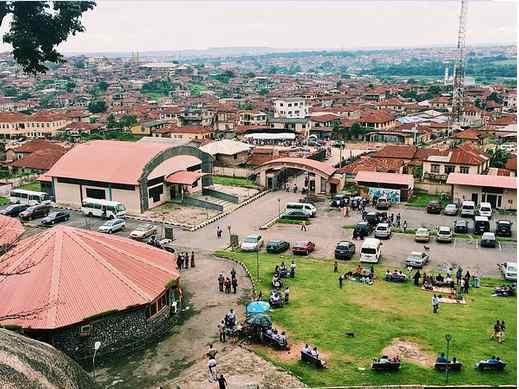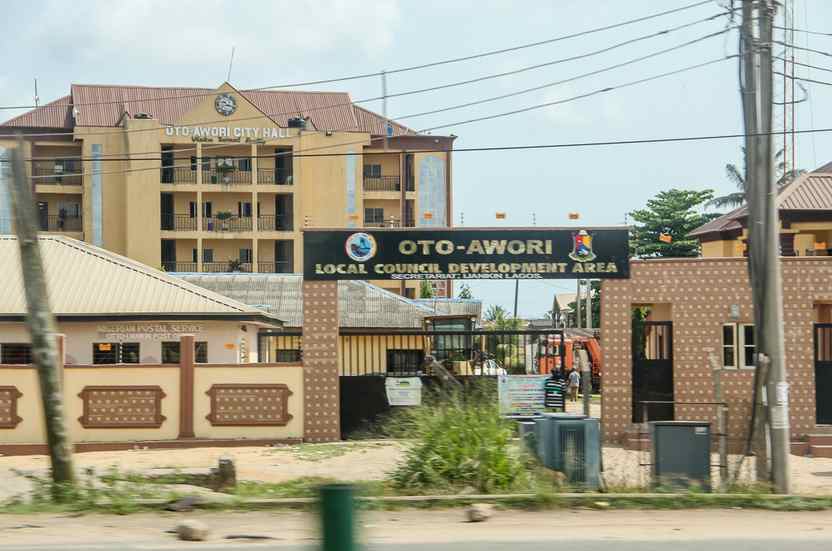
support@yorubalibrary.com
+2348073529208, 07038599574

Ede is one of the most historically significant towns in Osun State, South-West Nigeria. Often referred to as the Gateway to Osun, Ede’s location along key travel routes made it an important meeting point for traders, travelers, and warriors in pre-colonial Yoruba history and culture. The town has a connection to the early political and military structure of Yoruba land, with its people playing a crucial role in defending territories and facilitating commerce between regions.
The foundation of Ede is closely tied to heroic tales of migration and settlement, with oral histories pointing to its strategic importance during the Yoruba wars. Over the years, the town grew into a community known for its discipline, unity, and hospitality. Ede’s reputation for courage and orderliness remains part of its identity, passed down through generations via festivals, communal gatherings, and Oriki (praise poetry).
Today, Ede is not only a historical landmark but also a thriving town with a strong commercial presence. Its residents balance traditional values with modern ambitions, making it a place where the past and present work together to shape a promising future.
Location and Geography
Ede lies in the western part of Osun State, bordered by towns such as Osogbo, Egbedore, and Ejigbo. It is positioned on a major route connecting Lagos, Ibadan, and other parts of South-West Nigeria to Osogbo and beyond. The town benefits from fertile land, which supports agriculture, and its central location makes it an important trade hub.
Cultural and Historical Significance
Ede has a legacy of strong leadership, with its traditional ruler, the Timi of Ede, serving as a custodian of culture and history. The town is known for its warrior heritage and military discipline, which historically helped protect its people from invasions. Annual festivals, including those honoring warriors and ancestors, reinforce the town’s cultural pride and unity.
People and Occupations
The people of Ede are industrious and community-oriented. Farming is common, with crops like yam, cassava, cocoa, and maize being cultivated. Trade, transportation, and various skilled crafts also contribute significantly to the local economy. The town’s markets serve as commercial lifelines for both residents and neighboring communities.
Unique Features of the Town
Key features of Ede include the Timi’s Palace, historical monuments, and open markets that bustle with activity. Its rich cultural traditions, combined with its strategic location, make it both a cultural heritage site and an active center for trade and social life.
Oriki Ilu Ede
Below is the traditional Oriki (praise poetry) of Ede, celebrating its warrior spirit, historical significance, and the dignity of its people.
Ede Mapo Arogun
Èyin Ọmọ ají lala ọsọ
Ọmọ ají sọsọ
Ọmọ ají f’ọjọ́ gbogbo dára bí egbin,
Ede ọmọ elepo rédé,
Ọmọ ẹwà a dodo,
Èyin lọmọ arohanran,
Ọmọ aje ń ju,
Èyin lọmọ agbale gbira tó l’ede ilé,
Èyin lọmọ alápò tì’emi tì’emi
Èyin lọmọ arógun má fi t’ìbọn se
Ede ìlú timi Ọlọ́fà iná.
Conclusion
Ede is a town of courage, history, and power. From its origins as a strategic military settlement to its current role as a commercial and cultural hub, it has remained an important player in Yoruba history.
Need more? Browse through our Oriki Gallery today, at zero cost.

Check out the detailed Oriki of Abeokuta, the capi…

The authentic Oriki of the Awori people, one of th…